Capacity building of farmers for climate responsive farming practices and training on alternative livelihoods (aquaculture, apiculture, poultry, duckery, goatry etc.)


SEED is a globally recognized non-profit organization dedicated to building climate resilience and advancing socio-economic equity among underserved communities pan India. Established in 1996, SEED has over 25 years of grassroots experience working across vulnerable regions, with a strong presence in the Sundarbans and other climate-sensitive landscapes.
Recognized for its community-centric, participatory approach, SEED has been honored with the Eastern India NGO Leadership Award (2023). Through its multi-sectoral programs, SEED has directly impacted over 3.6 lakh individuals, addressing complex challenges at the intersection of climate change, livelihoods, health, water security and education.

From livelihood development to disaster resilience,
our strategic pillars support vulnerable communities in leading their own transformation.
Capacity building of farmers for climate responsive farming practices and training on alternative livelihoods (aquaculture, apiculture, poultry, duckery, goatry etc.)
Strengthening women's roles by encouraging eco-friendly enterprises and resource-efficient practices to ensure long-term prosperity.
Generating awareness on climate change and adaptive solutions based on CEPA (communication, education, participation & awareness) principals.
Strengthening multi-sector alliances with industry experts, CSRs and government agencies to maximize impact.
SEED has significantly impacted communities by planting 1.05 million mangroves, empowering 36,000 tribal women, and providing climate resilience to over 500,000 people through sustainable solutions in energy, water, and education.




“Our partnership with SEED over the past three years has been instrumental in successfully executing five impactful projects in the Sundarbans. Their efficiency, commitment, and communitydriven approach have enhanced livelihoods, improved safety, and expanded education opportunities through sustainable lighting solutions. SEED’s work aligns seamlessly with our commitment to social and environmental responsibility”
“SEED’s implementation of the World Bank-funded ICZM project in West Bengal has played a transformative role inenhancing livelihoods for the coastal population. Their integrated approach to sustainable agriculture, aquaculture, and community-driven initiatives has empowered vulnerable communities, ensuring long-term resilience against climate challenges. SEED's commitment to impact-driven execution makes them a valuable partner in coastal development.”
“Since its inception, SEED has been doing a remarkable job in raising awareness on biodiversity conservation, climate change impacts, disaster preparedness, and plantation initiatives. Their programmes have successfully engaged diverse sections of society — from grassroots communities to school and college students — fostering environmental consciousness across all levels.”
“SEED stood as a strong pillar of support for cyclone-affected coastal communities of the Sundarbans and for migrant labourers during the COVID-19 crisis. Their relief efforts — from distributing food, clothing, medicines, sanitary kits, to providing seeds for paddy and vegetable cultivation — made a tremendous impact. I particularly commend their dedicated nutrition support for quarantined patients at a Kolkata Quarantine Centre.”
“SEED’s holistic approach to rural development — through community capacity building, strengthening self-governance, and promoting sustainable livelihoods — is truly commendable. Their impactful work in raising awareness on health, education, water, sanitation, climate change, and natural resource management is playing a vital role in driving sustainable development in vulnerable regions”
“SEED has been a beacon of hope for our community. Their dedication to Climate Victims Community has transformed lives and empowered individuals. Their tireless efforts and compassionate approach have made a lasting impact”
“For years I feared the river taking away more of our land. SEED taught us that by planting mangroves, we can protect our homes — and also earn. Today I feel proud to contribute both to my family’s income and to saving the island.”
“After floods forced us to move, my children lost a year of school. SEED’s Shiksha Kendra helped them catch up. Now my eldest has joined formal school again and my younger daughter is learning with joy.”
“At the Muskaan centre, my little daughter learns songs and games and gets nutritious food. I see her becoming smarter and healthier each week. We never had such a nice place for children here before.”
Explore the various initiatives and projects we have undertaken to make a difference in the community.
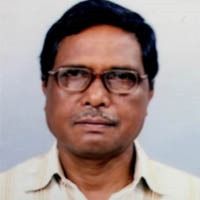
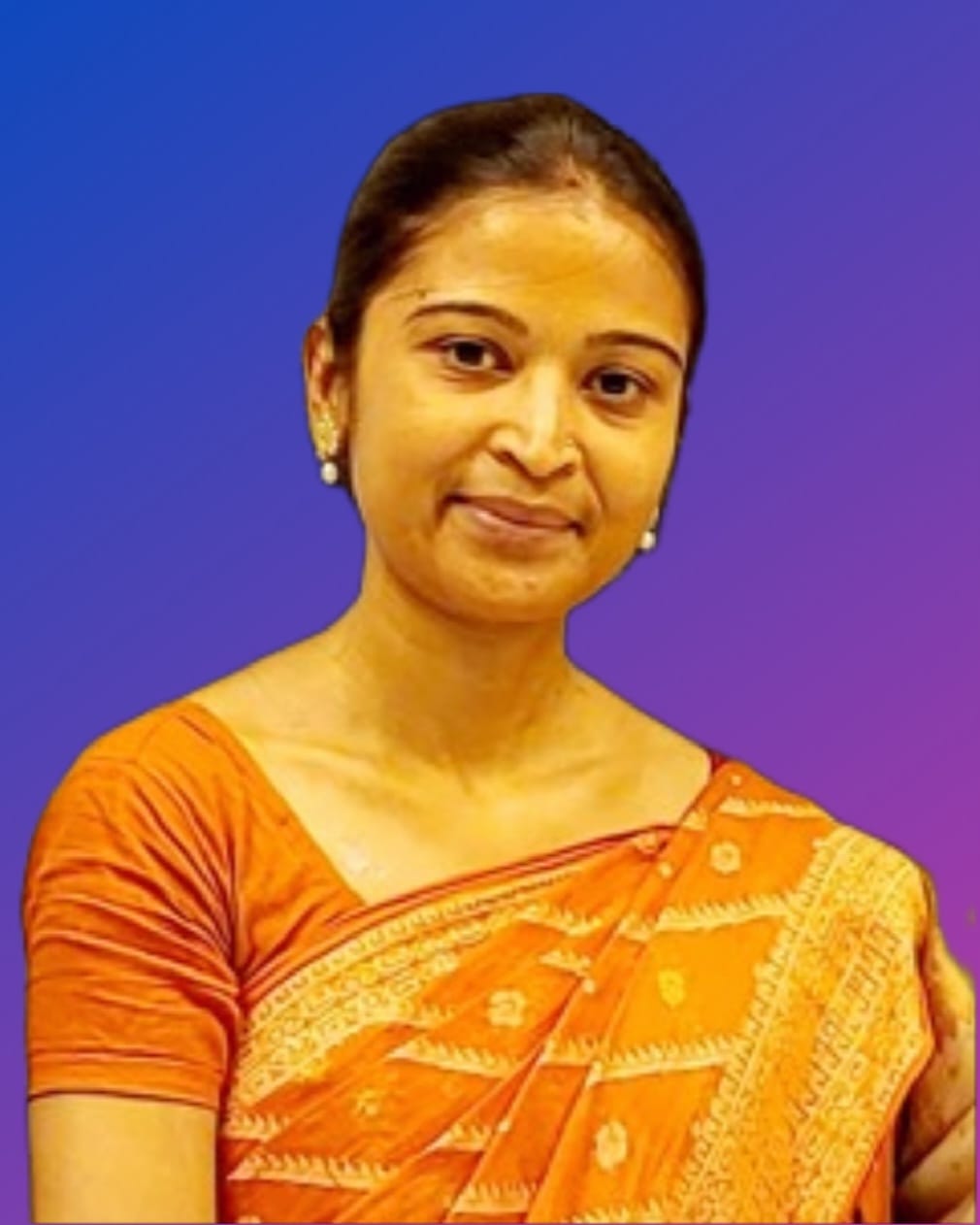
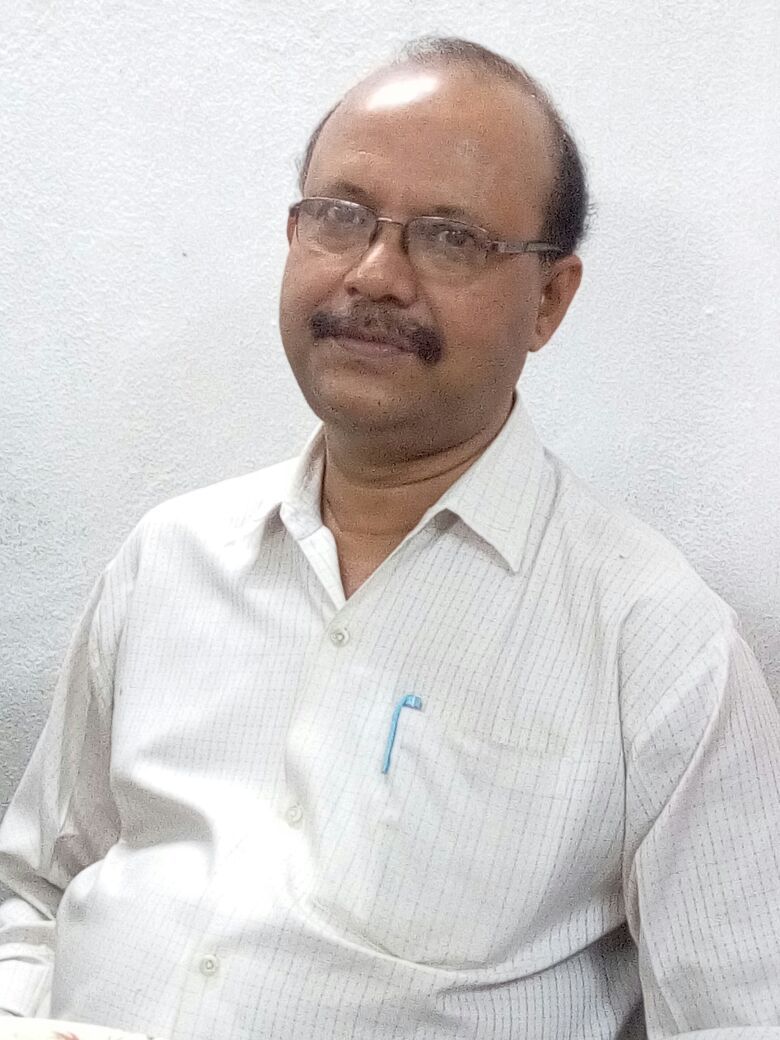
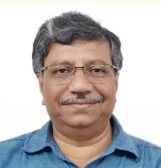
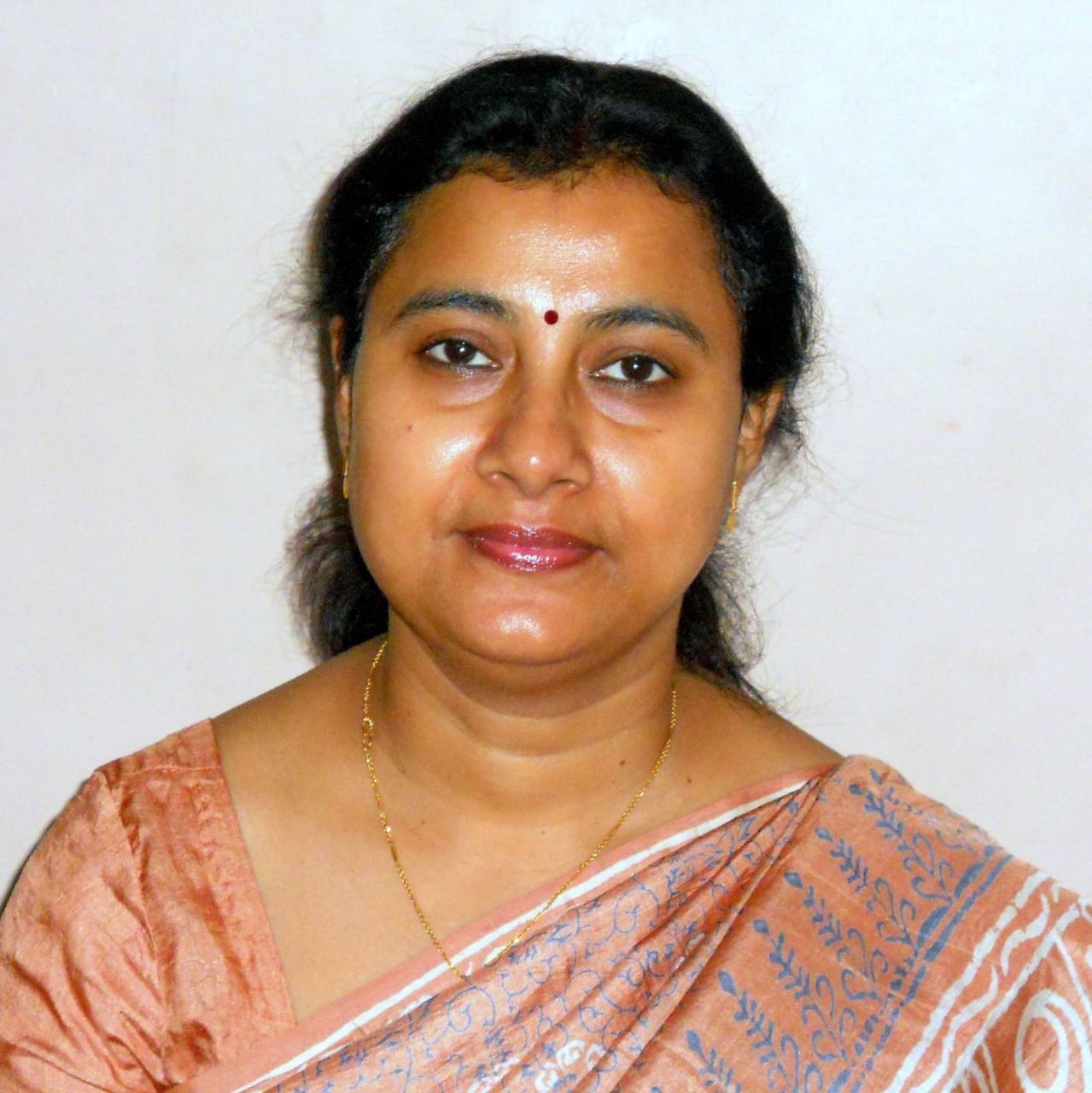
Tucked away in the vast delta where the Ganges, Brahmaputra and Meghna rivers meet, the Sundarban...
Read MoreSEED, in partnership with Mahindra & Mahindra Ltd. (Farm Sector), has launched a projec...
Read MoreThe tribal communities of India—among the country’s oldest inhabitants—represen...
Read More


Subscribe to the SEED Newsletter — and be part of the change!